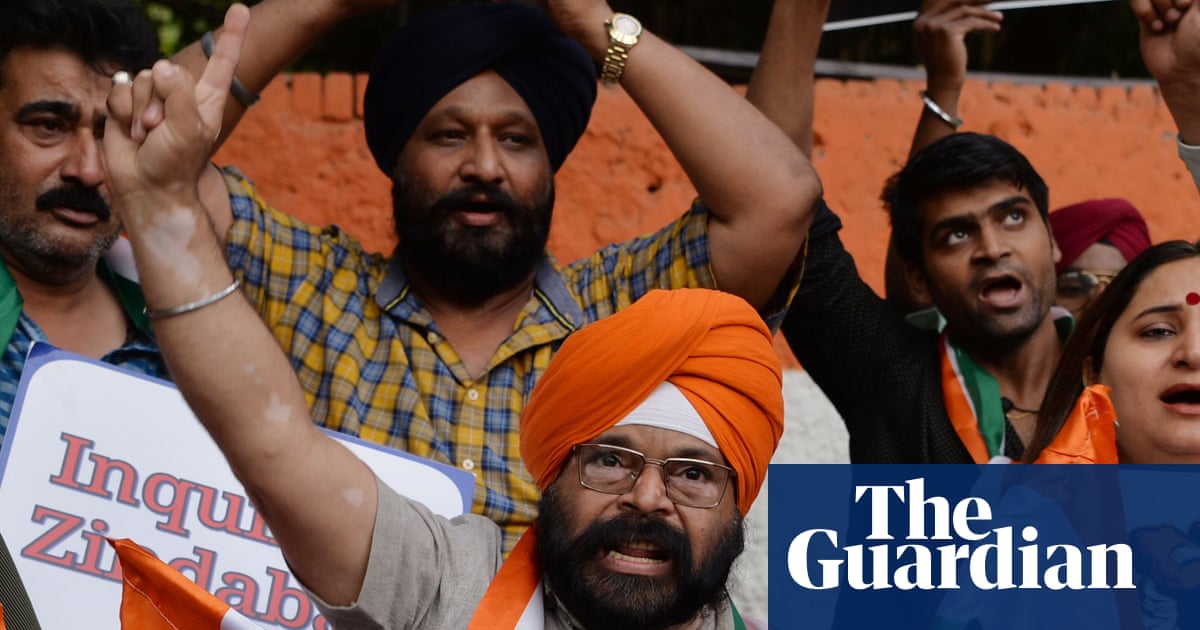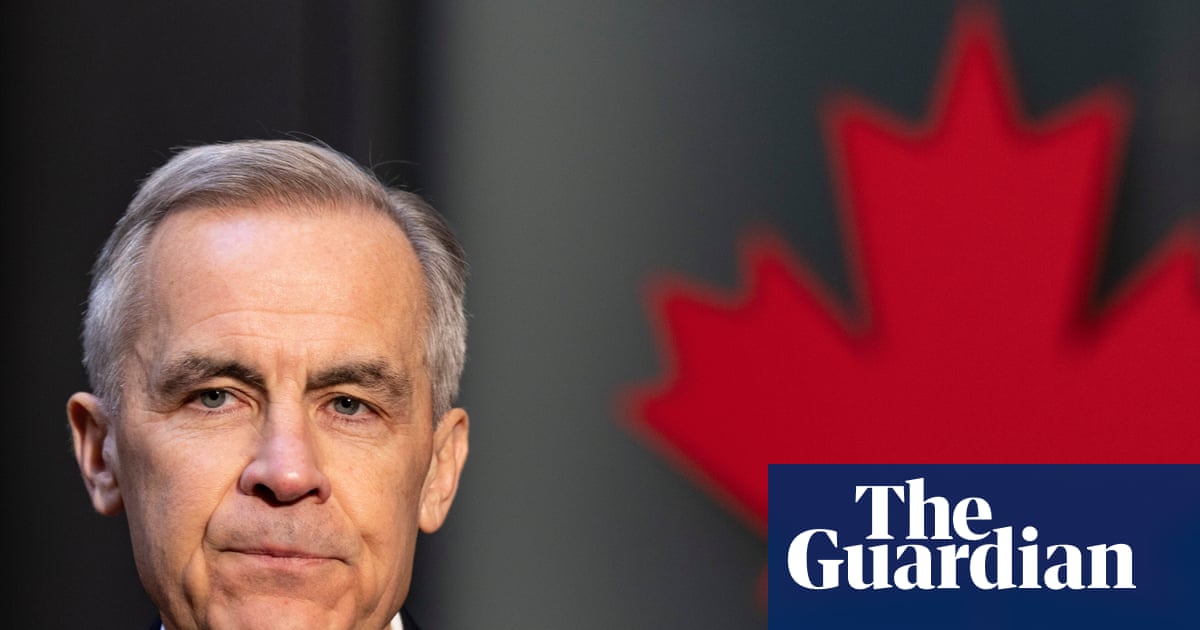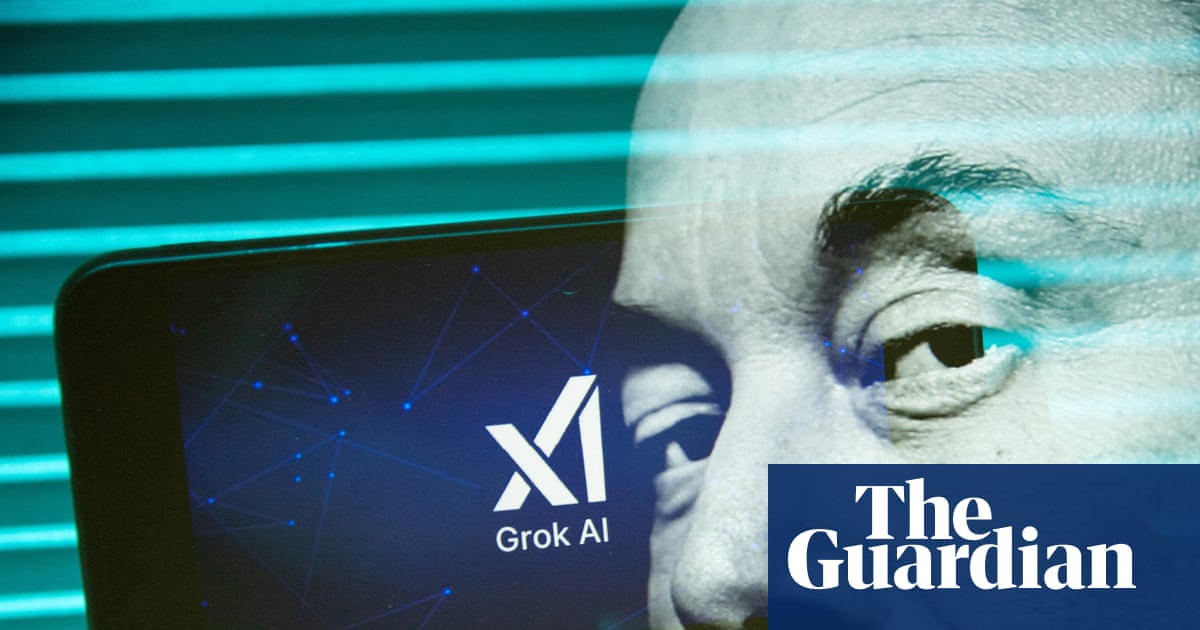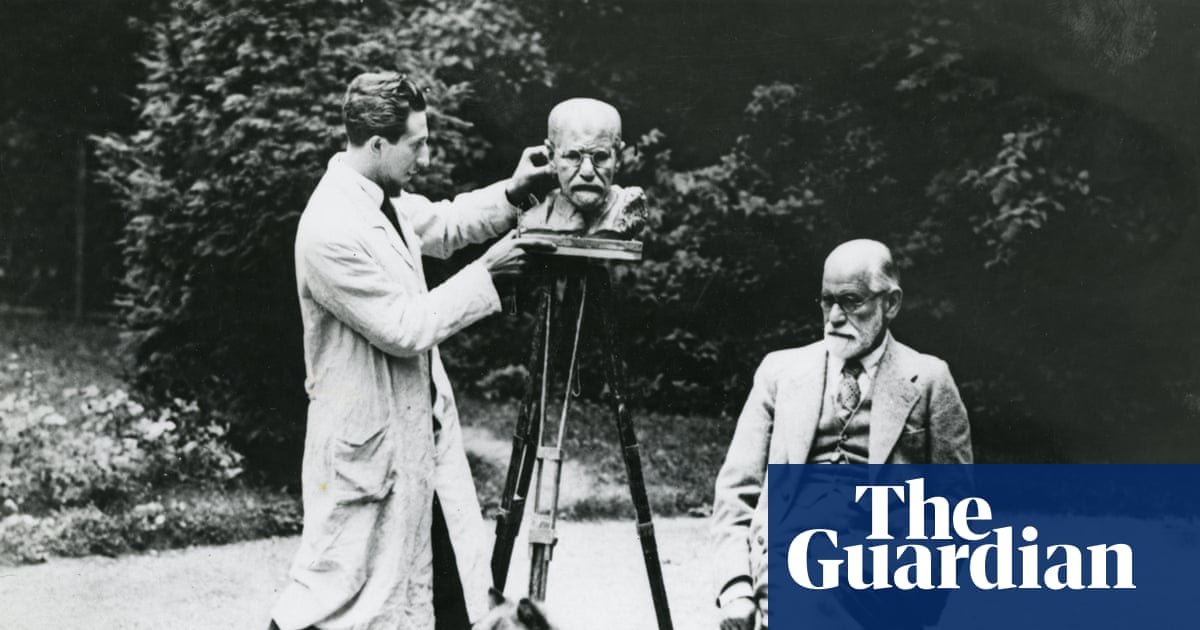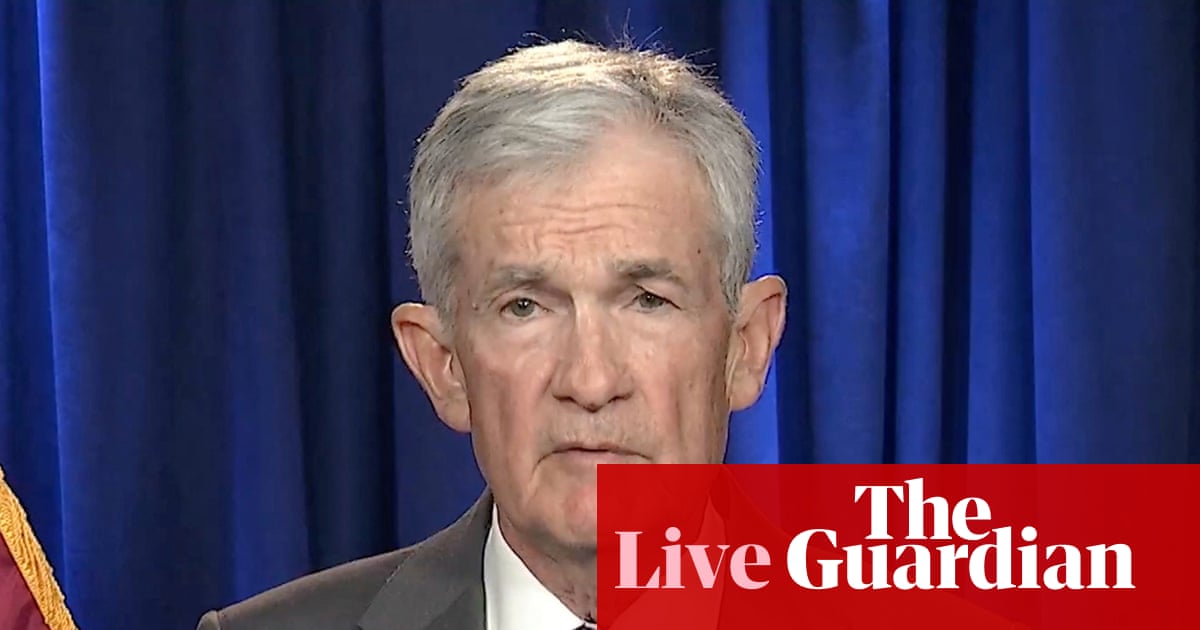Sir Ed Davey’s conference speech wasn’t a reinvention of the Liberal Democrats. But it was a rare attempt to reframe a party’s purpose before events impose one. The pivotal moment came with Gaza. “What is unfolding in Gaza is a genocide,” he said – the first UK-wide party leader to use the term so unequivocally from the conference stage. Though used in a recent party press release, the word undoubtedly travels further spoken live. In saying it, he voiced what many progressives have felt for months but haven’t seen from a major political leader – a moral line drawn in the sand, in sharp contrast with Sir Keir Starmer’s studied vagueness.
In ordinary times, this might seem risky. But these are not ordinary times. The political map is fracturing. Reform UK is topping many polls. Labour’s support is dropping. The Conservatives are braced for historic defeat. No major party can confidently say what the next few years or months will bring. Into that vacuum, Sir Ed calculates that moral clarity is more valuable than ideological caution.
Significantly, in the speech he chose to spell out a centre-left policy agenda. There was a cancer treatment guarantee, better support for carers – while namechecking this newspaper’s campaign – and backing for green energy. These choices help define Sir Ed. They reflect a personal journey – rooted not just in his time as climate secretary in a coalition government but more pointedly in his own experience of family loss and care. This personal history also provides a subtle rebuttal to Labour’s managerialism, a reminder that empathy and credibility still count.
Sir Ed has already called for the arrest of X owner Elon Musk, accusing him of “inciting far‑right violence on our streets” and running a social media platform that enables self-harm, grooming and sexual exploitation. This wasn’t a casual provocation. In Tuesday’s speech Mr Musk – the biggest donor in US politics – symbolised the forces that threaten democratic institutions and public safety. Here is a billionaire plutocrat who resists oversight, undermines regulation and enables harm. In linking Mr Musk with Nigel Farage, Sir Ed cast big tech and the far right as a shared threat – and rightly demanded that the law catch up.
In contrast to Labour’s timidity around Brexit, Sir Ed laid out a clear route to significant EU re-engagement: customs union, deeper trade alignment, and a way back to the single market. This will appeal to ex-Tories in the “blue wall” and Labour remainers still wondering what their vote gets them beyond promised competence. Perhaps the most important feature of the speech was who Sir Ed targeted – and who he did not. There were about 30 references to Mr Farage, whom he said would privatise the NHS and roll back gun laws. Donald Trump was invoked 24 times. But the prime minister? Not once.
Sir Ed is fighting a three-front war: against populism, against Labour complacency, and against irrelevance. Was he coherent? Not entirely. But perhaps coherence is a luxury in such fluid politics. In a splintering electoral landscape, Sir Ed’s ambition is clear: not to protest, but to contrast. His pitch is to be the party of ethical force – clear and unambiguous. It might work. The risk today in British politics isn’t misjudging the moment – it’s missing it altogether.

 3 months ago
92
3 months ago
92

